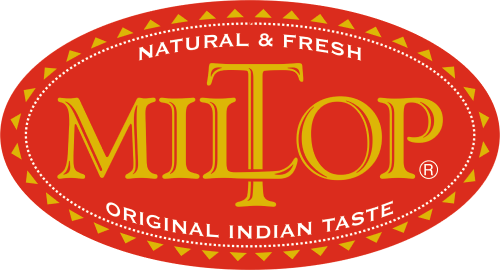Description
Butea monosperma (syn. Butea frondosa,) is a species of Butea native to tropical southern Asia, from Pakistan, India, Nepal, Sri Lanka, Myanmar, Thailand, Laos, Cambodia, Vietnam, Malaysia, and western Indonesia. The gum from the tree, called kamarkas in Hindi, is used in certain food dishes. It is a dried astringent juice obtained from incisions in the stem of the tree. The skin of the bark and resin contains tannic and gallic acids. The resin gum, also called as Kino oil, proteolytic and lipolytic enzymes, palasonin, sitosterol, amyrin, monospermin, lectins and lactone. Synthesis of a coumaranone glucoside palasitrin from the plant and palasonin from the seeds Glycerides of palmitic. Lignoceric, oleic and linoleic acids from seeds oil isolated. A new alkaloid – monospermin – isolated of butrin and isobutrin from flower. The bark of tree yields a kind of coarse and brown colored fiber, which is used for rough cordage. This gum finds use for caulking boats as well. The gum is also known as Bengal Kino, and is considered valuable by druggists because of its astringent qualities, and by leather workers because of its tannin.
The gum, seeds, flowers, barks and leaves have great medicinal value. Palasa is pungent, bitter and astringent in taste, pungent in the post digestive effect and has hot potency. The seeds are purgative, vermicidal and the flowers are astringent, diuretic. It is used in the diseases like worms, wounds colitis, piles, edema and anal diseases. Externally, the local bath with the decoction of its bark in useful in bleeding piles and flowers (made hot) below the naval facilitate the micturation. On scorpion sting, the seeds mashed in the water and the paste is applied, with great benefit. The paste of seeds is also applied in skin diseases, edema and diseases of the eye. The seed powder, in the form of nasal drops, helps to regain the consciousness in epilepsy. The paste of seeds, matted in lemon juice, is an effective panacea for skin diseases like eczema, tinea and ringworm. The alkaloid palasonin – from the seeds, is effective as an anthelmintic, especially in round worm infestations. (Ascaris lumbricoides).
Internally, palasa is useful in vast range of diseases. In diarrhea, dysentery and colitis, first the decoction of its fruits by itself or with hot milk is given to cleanse the bowels (mala sodhana). Followed by the gum powder with hot water, for prompt astringent or anti-diarrhoeal action. Palasa helps for healing the intestinal ulcers. The flowers are useful in fever, thirst and diarrhea. In worm infestations, the powder of seeds is given along with honey (except in pitta constitution). The ksara of palasa is beneficial in ascites, tumours and abdominal pain. In piles, associated with constipation, the seed powder is given by itself, to facilitate the motions smoothly. The gum and flowers are benevolent in raktapitta. The decoction of the bark skin, cooled and mixed with sugar is recommended in raktapitta. The decoction of the flowers is extremely beneficial in strangury and dysuria. The flowers are useful to alleviate leucorrhea, whereas, the palasa ksara mitigates the tumours and oligomenorrhea.


